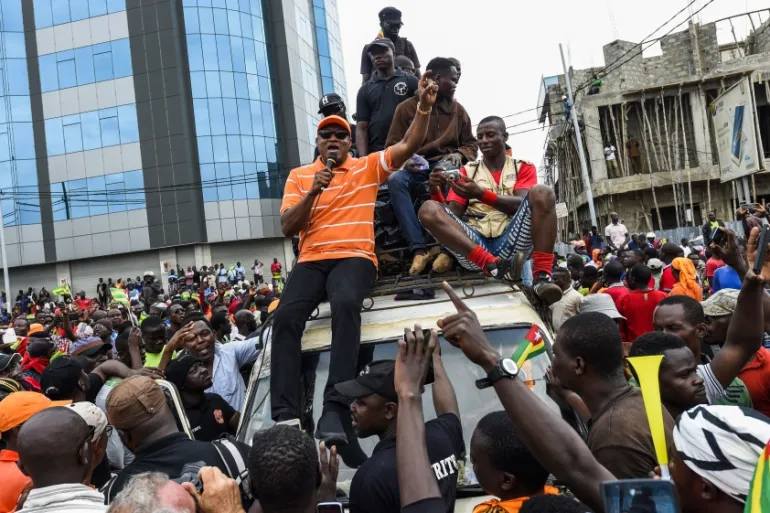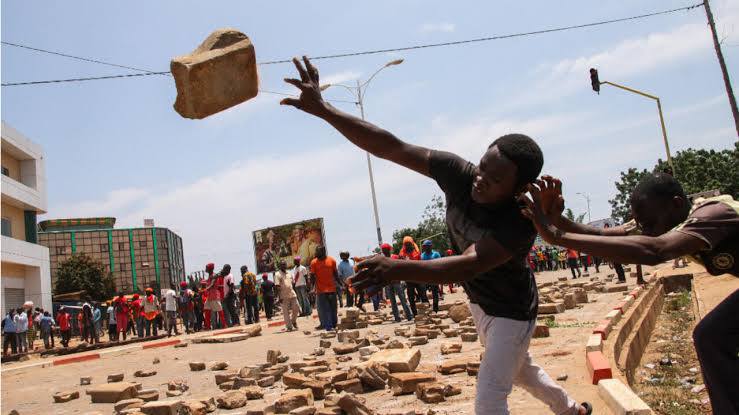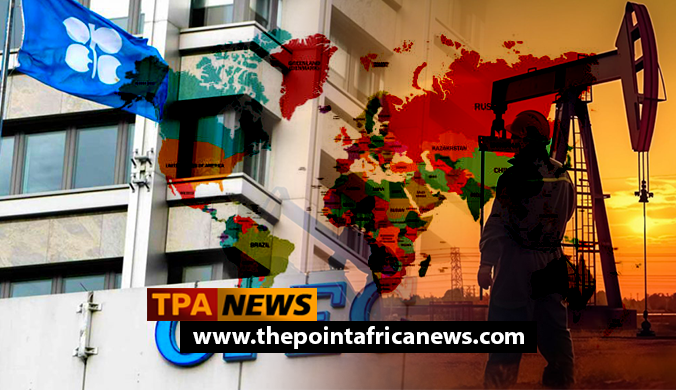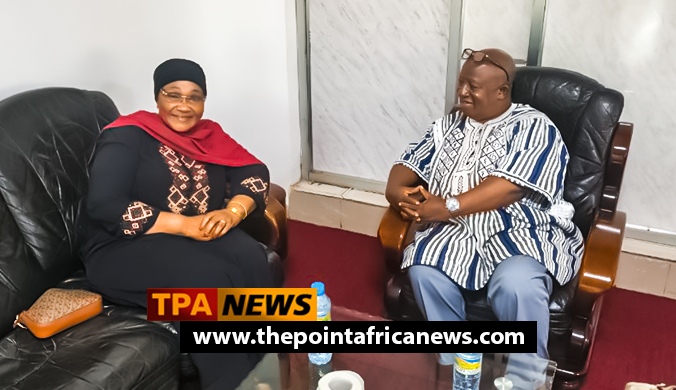
The Togolese government has imposed a nationwide internet shutdown amid growing anti-government protests, as tens of thousands of citizens have taken to the streets in cities across the country to oppose recent constitutional reforms that critics say are designed to extend President Faure Gnassingbé’s rule indefinitely.
The internet blockade, which began earlier this week, has disrupted access to social media, messaging platforms, and news sites. It has severely limited communication and the ability of local journalists and citizens to share information with the outside world. Several digital rights organizations, including Access Now and Internet Without Borders, have condemned the move as a violation of freedom of expression and access to information.
Despite the blackout, large-scale demonstrations erupted in Lomé, Kara, and Sokodé on Wednesday and Thursday. Civil society groups estimate that tens of thousands of people participated in the marches, making it one of the largest protest movements the country has seen since the 2017 anti-government demonstrations. Protesters called for the reversal of the new constitutional framework passed in April 2024, which removed term limits and created a new presidential council—effectively allowing President Gnassingbé, in power since 2005, to remain in office beyond the previous legal limits.
Security forces responded with tear gas, rubber bullets, and mass arrests in several locations. According to Reuters and AP reports, soldiers in Lomé and surrounding areas forcibly dispersed protesters, including in residential neighborhoods where people had gathered to demonstrate peacefully. Videos and testimony from diaspora communities suggest a forceful crackdown, though the full extent of the arrests and injuries remains difficult to confirm due to the information blackout.
President Faure Gnassingbé has not made a public statement since the protests began. The government has also suspended two French state-run media outlets—Radio France Internationale (RFI) and France 24—accusing them of biased coverage of the political crisis.

The current unrest stems from long-standing grievances about political stagnation, dynastic rule, and what critics describe as systematic suppression of dissent. Gnassingbé came to power following the death of his father, Gnassingbé Eyadéma, who ruled Togo for 38 years. The younger Gnassingbé has since won a series of contested elections, the most recent in 2020, amid allegations of vote-rigging and opposition intimidation.
The opposition coalition, which includes the Pan-African National Party (PNP), the National Alliance for Change (ANC), and several civil society networks, has called on the African Union and ECOWAS to intervene. They are demanding the release of political prisoners, restoration of the internet, and a national dialogue on governance reforms.
International rights groups have urged Togo’s authorities to respect the right to peaceful protest. In a recent statement, Amnesty International warned that the current crackdown “risks deepening repression and isolating Togo from democratic norms within the region.”
The ECOWAS Court of Justice ruled in 2020 that Togo’s previous internet shutdowns violated citizens’ rights, but the country has yet to implement reforms preventing such actions.
By: TPA News Desk | editor@thepointafricanews.com







Leave a Reply